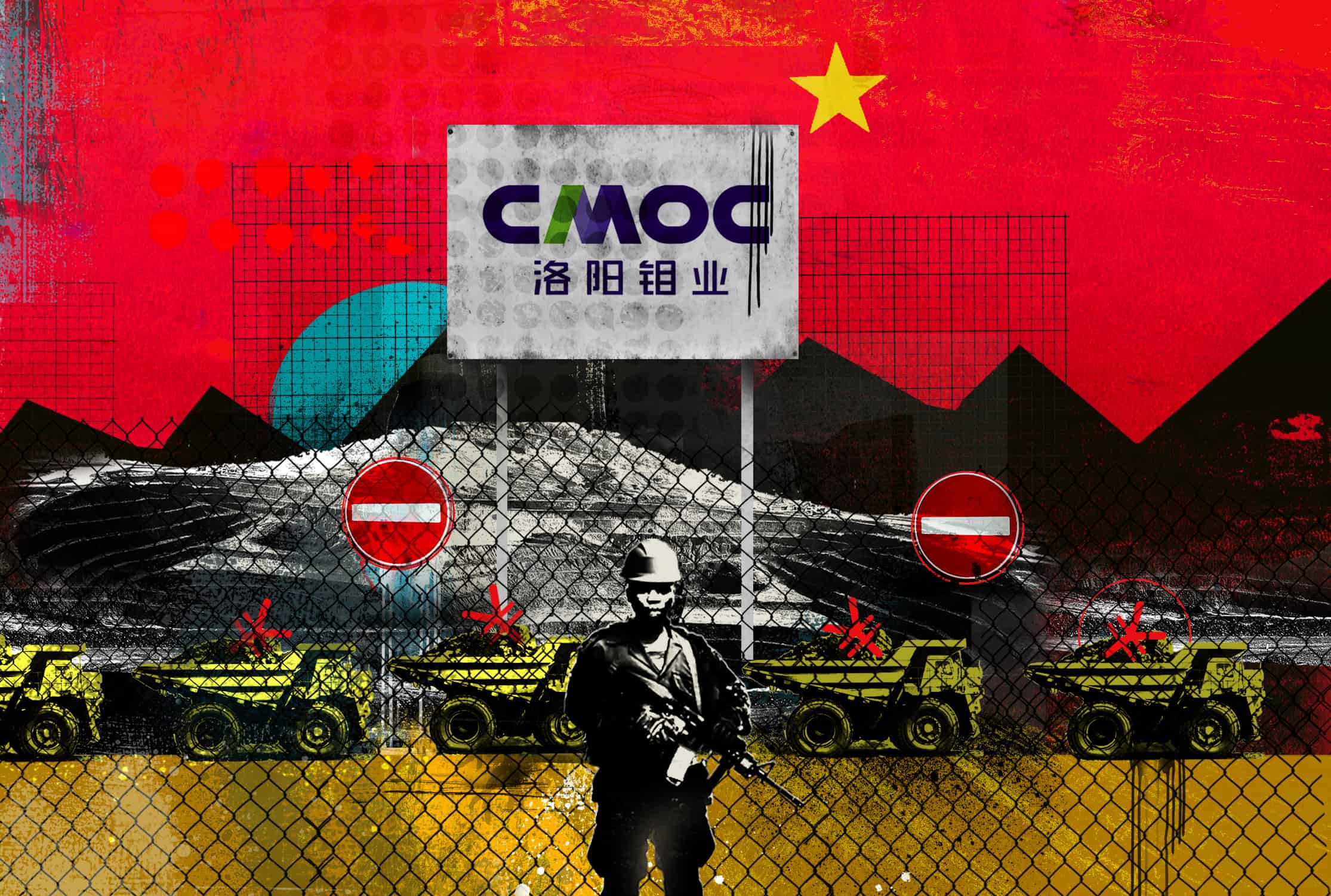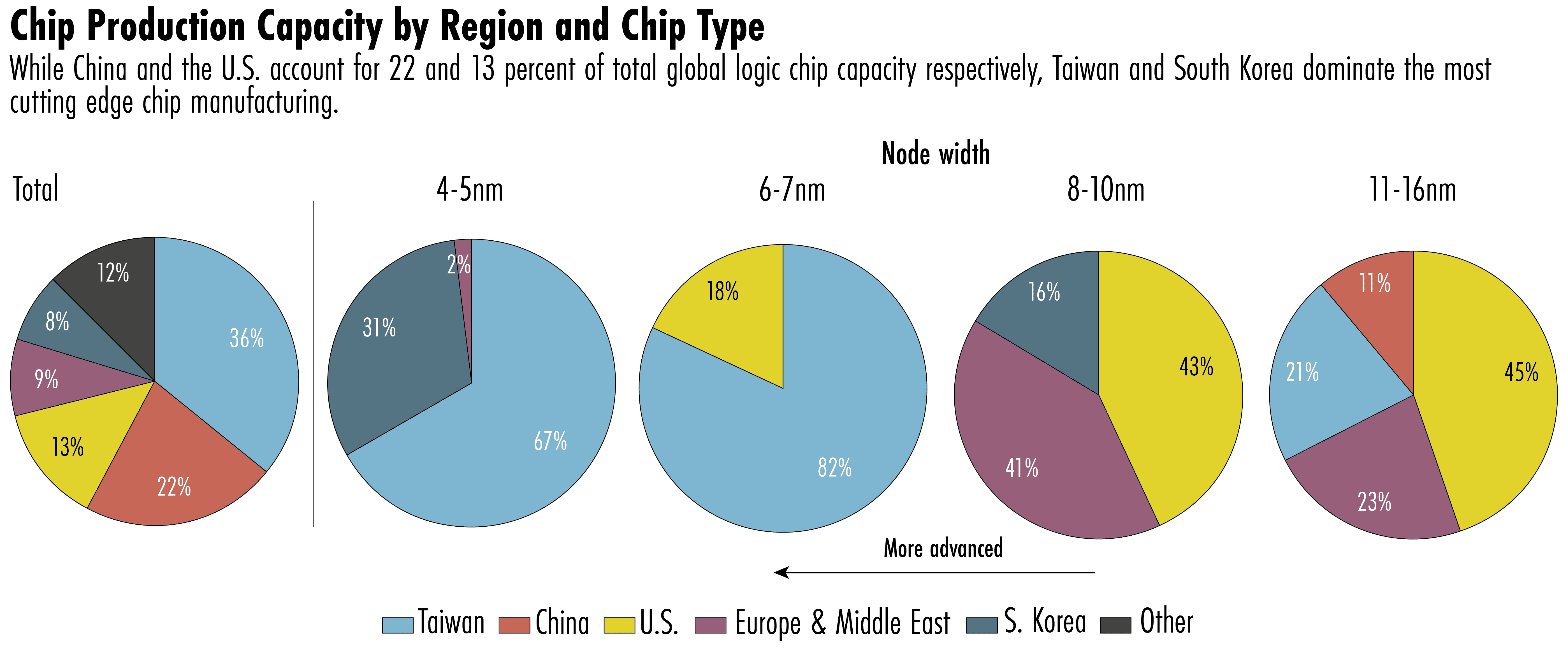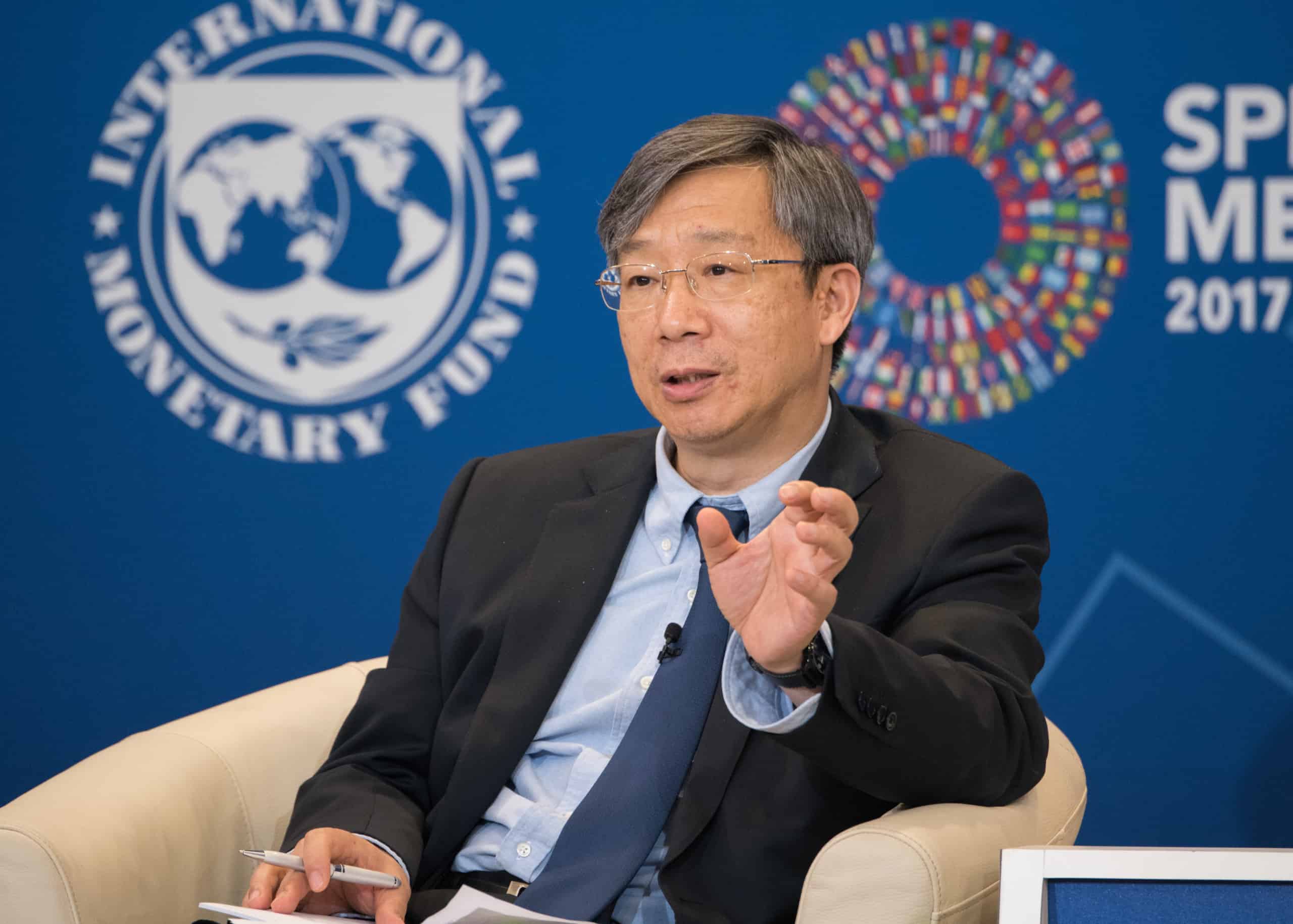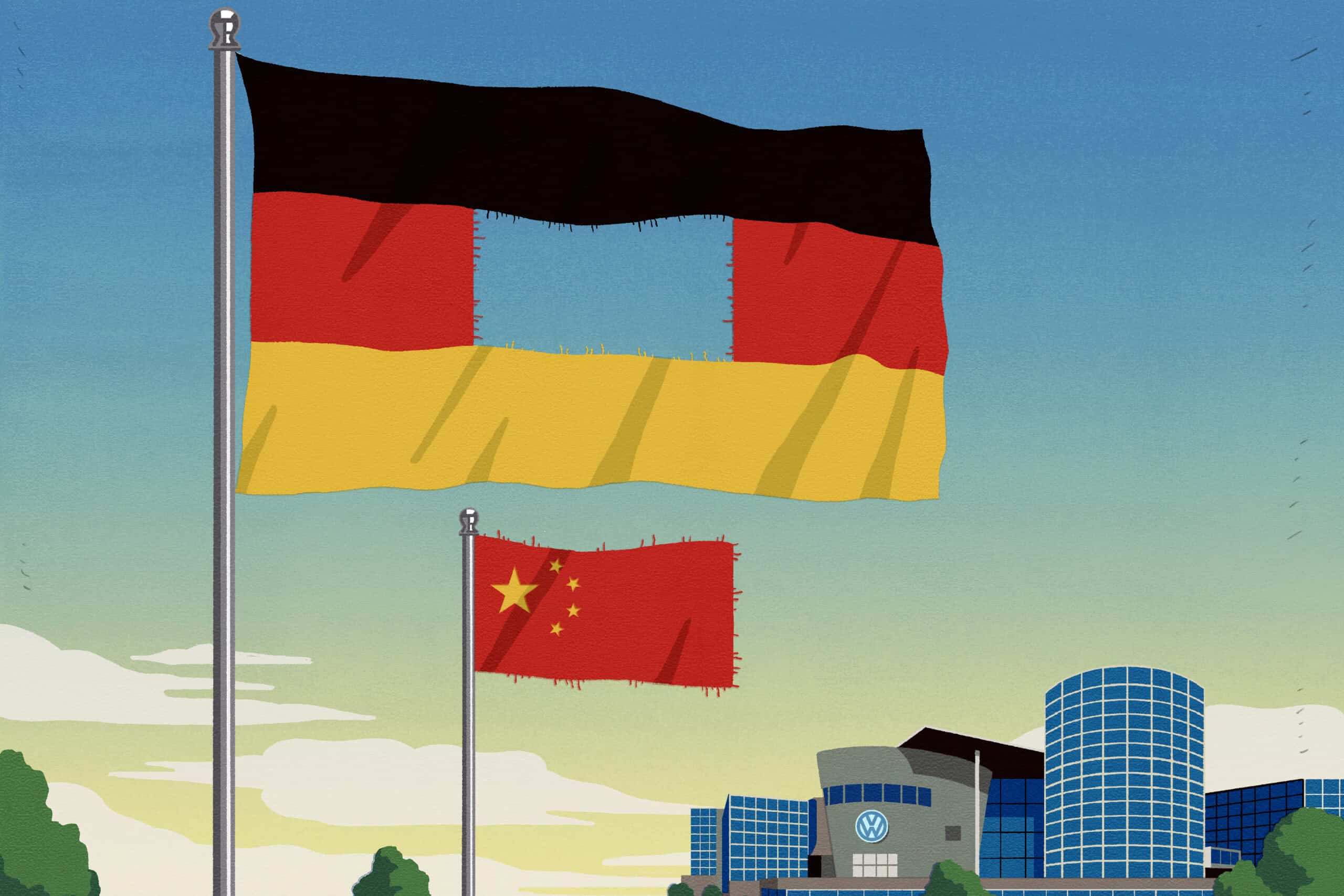Good evening. A lot of news stories lately have focused on China’s domination of mines in mineral rich countries like the Democratic Republic of the Congo (DRC). But our cover story this week shows a new and interesting development in that story: What happens when the DRC government pushes back against the Chinese mining companies? Elsewhere, we have infographics on Congress’s many ‘China competition’ bills; an interview with Robert Zoellick on accepting China as it is; a reported piece on China’s use of open-source technology to achieve chip self-sufficiency; and an op-ed about how China could avoid strong inflation. If you’re not already a paid subscriber to The Wire, please sign up here.
Want this emailed directly to your inbox? Sign up to receive our free newsletter.

The Congo Standoff
Chinese mining companies dominate the Congo’s critical mineral production, but an ongoing, nasty dispute at a cobalt mine shows the country is starting to drive a harder bargain. After more than a decade of Chinese companies operating largely unchecked in the DRC — almost 70 percent of the country’s mining is controlled by Chinese companies — the standoff could represent a turning point. Garrett O’Brien reports.

The Big Picture: Congress, China and the Plan to Compete
While expansive in its spending, the recently passed CHIPS and Science Act — a $250 billion bill aimed at boosting America’s chipmaking capacity — dropped several measures initially planned as part of Washington’s broader set of “China competition” bills. This week, infographics by Eliot Chen look at the CHIPS Act: what made it in, what got left out, and what it means for Washington’s grand plans to compete with China and counter its influence.
A Q&A with Robert Zoellick

Robert B. Zoellick has long played an important role in Republican security and economic policy-making circles, including policy towards China. In this week’s Q&A with Bob Davis — part of our series ‘Rules of Engagement’ — the former U.S. Trade Representative, diplomat and World Bank president talks about his 40-year relationship with China, including refreshing the WTO deal; the danger of fortress economies; why engagement hasn’t failed; and what he thinks about Xi Jinping.
Robert Zoellick
Illustration by Lauren Crow

Chips and the Open-Source Secret
A critical semiconductor element known as “instruction set architecture” is locked up by two companies: the U.S.’s Intel and Arm, a Japanese-owned, U.K.-based company. But a nonprofit called RISC-V International has developed an increasingly popular open source alternative to Arm and Intel’s designs, and as Isabella Borshoff reports this week, Chinese companies are buying in.

Why Might China Avoid Strong Inflation?
With unemployment in China rising, economic stimulus is urgently needed. But as Zhang Jun, the Dean of the School of Economics at Fudan University and the Director of the China Center for Economic Studies, a Shanghai-based think tank, argues in this week’s op-ed, Premier Li Keqiang has been wise to highlight the importance of not overdoing it.
Subscribe today for unlimited access, starting at only $19 a month.



